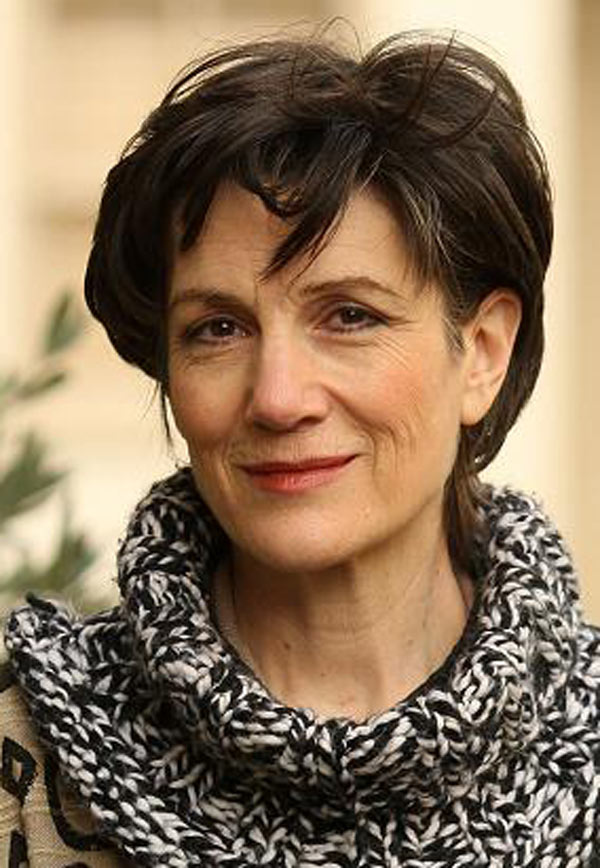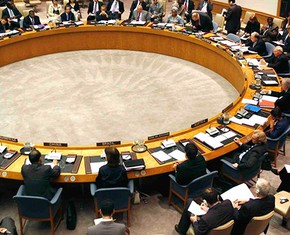The views expressed in our content reflect individual perspectives and do not represent the authoritative views of the Baha'i Faith.
Close your eyes to outward differences and look upon each other with the eye of universal oneness. – Abdu’l-Baha, Star of the West, Volume 6, p. 111.
Have you gone to see a play lately? If you have, you may have seen this beautiful Baha’i concept of universal oneness effectively accomplished—on stage.
As one example, just look at the racial, ethnic and gender diversity that graces current productions of Shakespeare’s plays. Blacks and Asians now play roles previously portrayed strictly by whites. Korean-American actress Amy Kim Waschke played Hermione in the 2016 Oregon Shakespeare Festival’s The Winter’s Tale, and David Oyelowo became the first black actor to play one of Shakespeare’s kings in a Royal Shakespeare Company production, King Henry VI. Black actors have traditionally played Othello, the “Moor of Venice”—but they can inhabit just about any Shakespearean role today.

Harriet Walter
In Shakespeare’s day all roles, females included, were played by men—but today we find women playing male roles. Harriet Walter, who portrays Lady Prudence Shackleton on Downton Abbey, has played both Brutus and Henry IV. An all-woman cast did Taming of the Shrew, and a Latina, Vilma Silva, has played Julius Caesar.
How does this work? An actor who loses his or her own self and completely embodies their character can play someone of any age or gender, of whatever political bent, someone moral or immoral, saint or sinner, and make their performance so believable that the audience forgets that they don’t really fit the character’s outward description. Instead, the actor fits the character’s true self, and reveals their inner spiritual landscape. That’s the heart of theatre—and the vital secret of its power to entertain and educate us:
The drama is of the utmost importance. It has been a great educational power in the past; it will be so again. – Abdu’l-Baha, Abdu’l-Baha in London, p. 93.
A few decades ago, I served as Assistant Director for Seaside Theater Company’s production of Agatha Christie’s enduring play, The Mousetrap. In four weeks we went through two male actors cast as Christopher Wren—one quit and the other was fired. Director Craig Hane looked at me and said, “Jaine, you have to step in. You’re familiar with all the lines by now.” I stared incredulously at him. “You can’t be serious? I’m a woman. No matter how effeminate Wren may be, I can’t pass as a man.”
He acknowledged the fact, but said, “We have no choice. Where can we find another actor who can learn all these lines in two weeks?” They got me a Beatle’s-style wig and drew a thin mustache on my face. I decided to ignore Wren’s gender, study his personality and his motivation, and try to be as true to his character as possible. I guess it worked. One reviewer wrote, “I was at first puzzled by his choice of casting a woman… Toth wears masculine dress, but never adopts masculine gestures or voice. For some mysterious reason, it all works.”
Just as theater can show us a microcosm of the world, we can learn from its example and become unifying forces in the way we live our own lives. Just as the theater can present a whole unified world on stage, free of the constraints of race, age and gender, so too can we all play our parts to unify the actual world. This story about Abdu’l-Baha’s conversation with a British stage actress illustrates how that can happen:
When Abdu’l-Baha was in London, in 1913, among his many callers was an actress who spoke to him of the theatre and her work. “We also have a theatre,” said Abdu’l-Baha. The actress immediately became all interest and enthusiasm. “Yes, where is it?” she said. “I should love to see it. Can I play in it?”
“Our theatre,” Abdu’l-Baha answered, smiling, “is built in a country where there is eternal springtime. The streets of that city are as clean as the surface of a mirror. The lights of that playhouse are the rays of the Sun of Reality, the actors of our drama are the Holy Manifestations of God, the audience is composed of pure and sanctified souls. They play their parts with the most delicate art. They deliver their words with power and potency. The stage of our theatre is the arena upon which is played the sublimest tragedy, the most terrible drama, the most thrilling and heart-moving events of life.
“Come and join our company. You have acted all your life upon the material stage. Now come and act on this celestial stage. Your fellow actors will assist you, will coach you in your part and, step by step, you will become a star shining in the galaxy of those heavenly inspired dramatists.” – Abdu’l-Baha, Star of the West, Volume 8, p. 177.
Theatre shows us that our rightful place is where our talents lie and where our hearts move us to be. Theatre demonstrates that what counts is not our outward appearance or circumstances, but our inner spirit and character. Theatre proves that the human spirit can conquer the material and ascend to the celestial.
You May Also Like
Comments

















I am on the Royal Falcon Baha'i School Committer. Please put me in contact with a Baha'i experienced in theatre. We desperately need their help for a simple program in two weeks. 256-529-0226
Thank you for an interesting article.